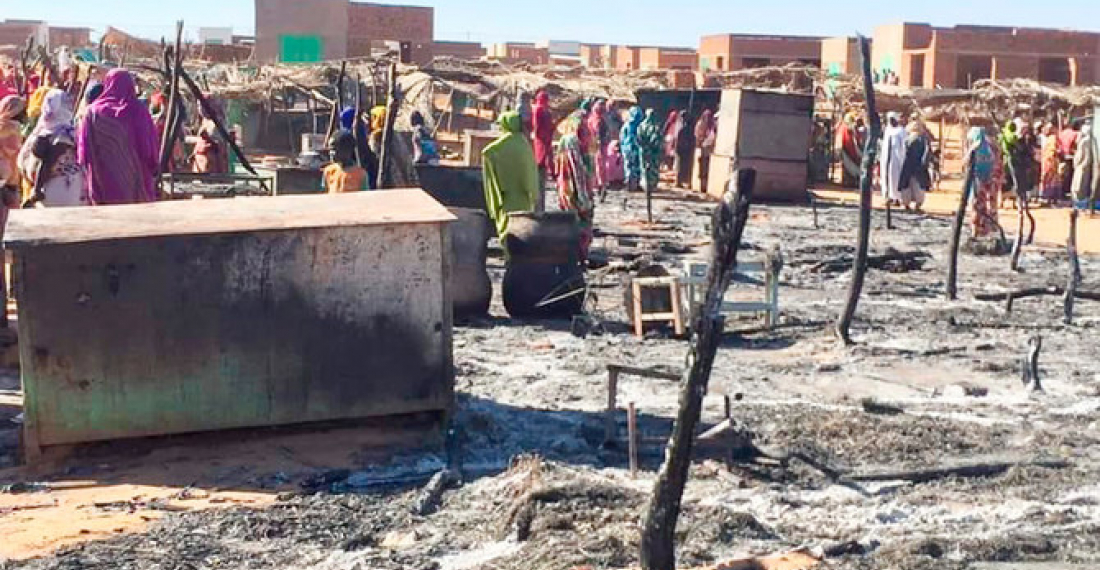Clashes erupted in Sudan's Darfur region leading to at least 32 deaths. The Sudanese authorities have now imposed a full curfew in the province. There are at least 79 others who are wounded.
Salah Saleh, a doctor and former medical director at the main hospital in the provincial capital of Genena, warned that the casualty toll was likely much higher.
"It’s horrible,” he said. "Until now, people cannot reach any hospitals.”
The violence erupted Friday in Genena, after a stabbing incident at a market in the Krinding camp for internally displaced people. The family of the first victim then retaliated leading to wider clashes across the camp.
Governor Mohammed Abdalla al-Douma said the curfew, which began on Saturday, would include the closure of all markets and a ban on gatherings across the province.
The prime minister's office in Khartoum said in a statement that a delegation would head to Genena "to take necessary measures” to reestablish stability.
Darfur remains a region heavily impacted by war and rebellion since the early 2000s. This recent attack comes two weeks after the end of the United Nations–African Union Mission in Darfur (UNAMID) mandate in the region.
The clashes constitute one of the many security challenges currently facing Sudan's transitional government in its path to democracy after the longtime leader, Omar al-Bashir, was ousted in April 2019.







